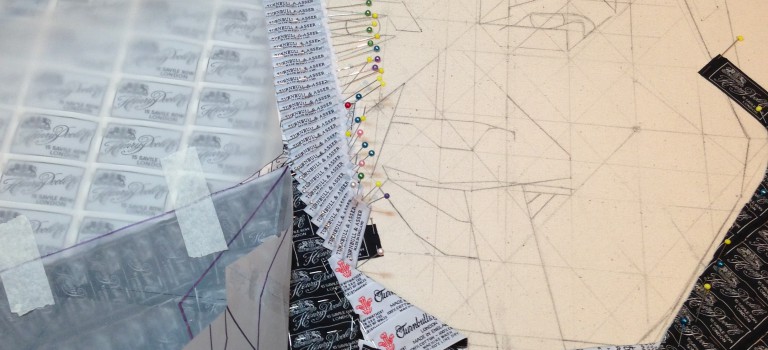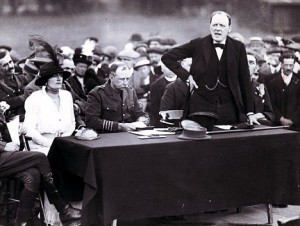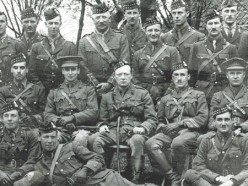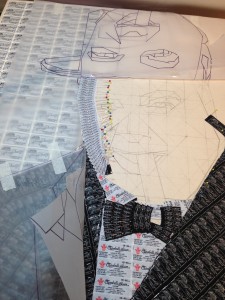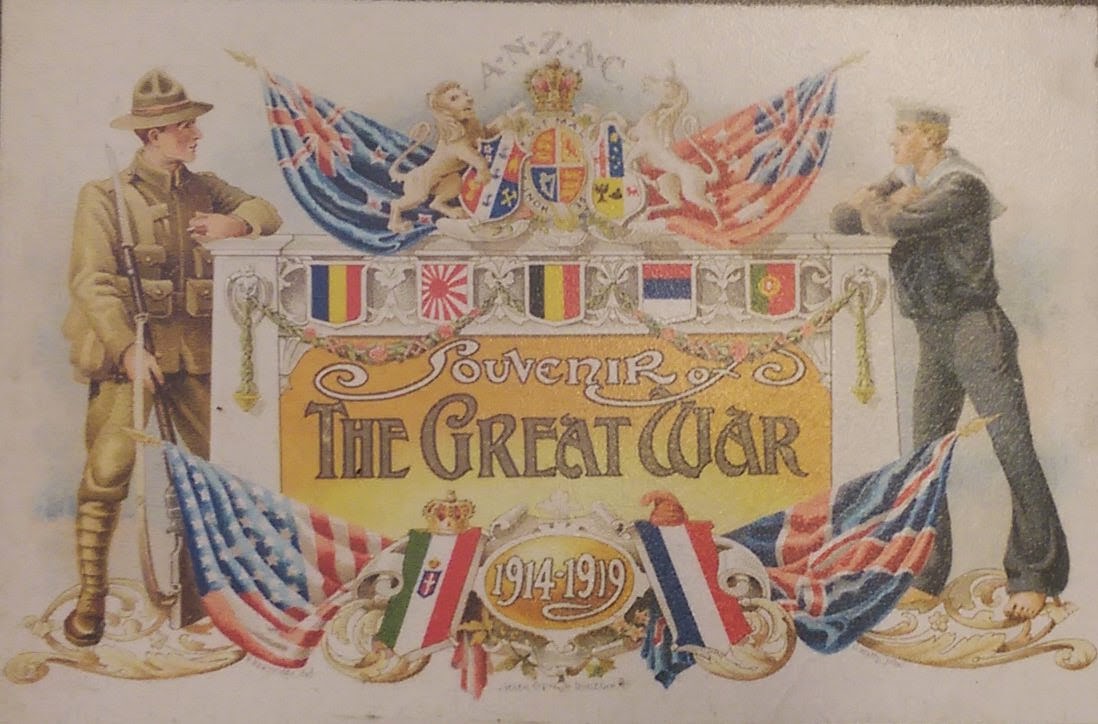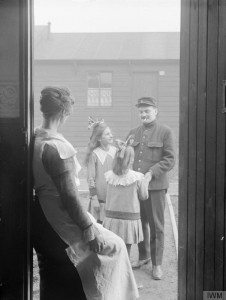 As part of UNESCO Nottingham City of Literature, award-winning British writer Pat Barker will be appearing at Nottingham Playhouse on Wednesday 15 June.
As part of UNESCO Nottingham City of Literature, award-winning British writer Pat Barker will be appearing at Nottingham Playhouse on Wednesday 15 June.
Barker is one of the leading novelists of the First World War. She was awarded the Booker Prize for The Ghost Road (1995), the final novel in her much acclaimed World War I Regeneration Trilogy.
Noon Day, the third novel in her Life Class trilogy, which spans the First and Second World Wars, was published in 2015 and she is working on a new novel.
Pat Barker is renowned for her imaginative exploration of war and has regenerated interest in historical figures including the army psychiatrist W.H.R Rivers and artist-surgeon Dr Henry Tonks, as well as war artists in both world wars. As we mark the centenary of the First World War, Barker’s writing has particular and contemporary resonance.
Barker’s novels have been adapted for the stage and filmed in the US and the UK. They are studied in schools and enjoyed by readers across the generations.
Pat Barker will be in conversation with Sharon Monteith, Professor of American Studies at the University of Nottingham, who has followed Barker’s work since the 1980s and written about it since the 1990s. She published Pat Barker (Northcote House and the British Council, 2002), the first critical study of the writer, and co-edited Critical Perspectives on Pat Barker (2005).
For more information and to book tickets, please visit the Nottingham Playhouse website
